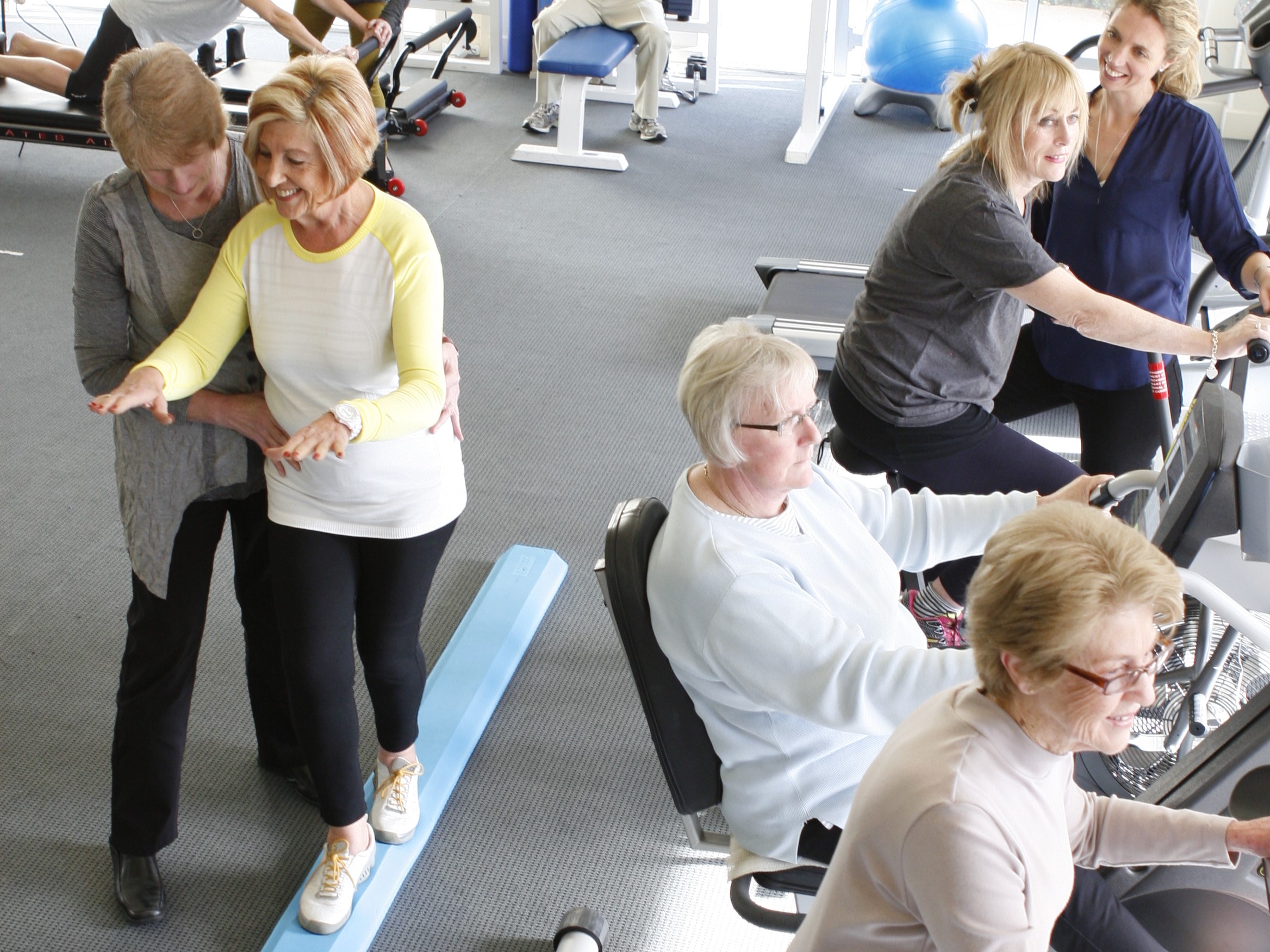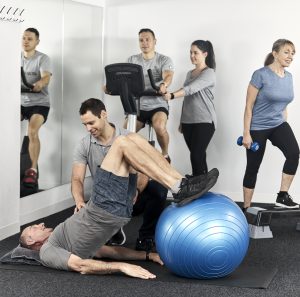“I have terrible balance.”
“My friend had a fall and I’m scared of having one too.”
“I don’t go out for walks by myself anymore because I’m scared of falling.”
We hear this all the time at Platinum Physio.
Everyone knows that keeping active, drinking water and getting enough sleep are important for maintaining our health, but what do we know about balance?
Our balance is coordinated by three systems:
- The vestibular system (our ears)
- The visual system (our eyes)
- The somatosensory system (our sense of proprioception, or where our body is in space)
Most of the time these three systems work together to help us remain on our feet whether we are gymnasts who rely on a highly honed balance system or just a regular person carrying their shopping back to the car.
As we get older, we tend to not take as many risks as we used to. When was the last time you climbed a tree? As a result of this we have far fewer scabs on our knees, but we also tend to not push the limits of our balance regularly – which is fine, until we wake up one day and realise that standing on one foot to tie our shoelaces isn’t as easy as it used to be.
What are some of the consequences of poor balance?
- Fear of falling. This can make people avoid risks, such as going out for a walk. It can start a cycle of avoiding exercise or activities, which reduces strength, leading to less balance ability, leading to reduced confidence and so on…
- Increased falls risk. Being less able to recover your balance if you trip on a step or an uneven surface means that you might be at higher risk of falling over, which can lead to painful injuries. Working on falls prevention can help you avoid the potentially dire consequences of falls.
- Reduced participation in daily activities. Sometimes, fear of falling can cause people to avoid activities like walking, exercising, or going to busy or unfamiliar places because they are worried about having a fall. This can mean they miss opportunities to spend time doing things they value, such as spending time with friends or family.
What can I do about my balance?
It’s never too late to start training your balance! While not a specific “muscle”, research shows that no matter your age or how unsteady you feel, there are always benefits to balance training. Effective balance training programs are tailored to your unique needs, and need to be completed frequently to ensure you are getting the maximum benefit from all your hard work.
Did you know that the recommended dosage for balance training is at least two hours per week?
Our steps to Balance Retraining & Falls Prevention at Platinum Physio
- The first step to balance retraining is being assessed by your Platinum Physiotherapist to see if there is a particular system (eyes, ears or proprioceptive) which is specifically causing your balance issues.
- From there, your physiotherapist will work with you to develop an individualized balance program, which might include a mix of exercises to complete at home and specific balance challenges that can only safely be done in our clinic gym facilities.
- In order to improve balance, our balance systems need to be challenged. Whether this is standing still with your eyes closed or balancing on a wobble disc as you throw a ball, our Platinum Physios are highly experienced in helping you find the right level of challenge.
What Platinum Offers
- Highly experienced and dedicated physios to assess your balance and work with you to develop a balance training plan which is safe and evidence based.
- Fantastic gym facilities and plenty of weekly sessions to help you challenge your balance, improve your strength and bone density in a safe, supervised environment.
- Regular testing as part of our exercise program package to help you track your progress.
Give us a call today on (03) 8554 0111 today to get started on your balance training!
References:
- Gallo, E., Stelmach, M., Frigeri, F., & Ahn, D. H. (2018). Determining whether a dosage-specific and individualized home exercise program with consults reduces fall risk and falls in community-dwelling older adults with difficulty walking: a randomized control trial. Journal of geriatric physical therapy, 41(3), 161-172.




